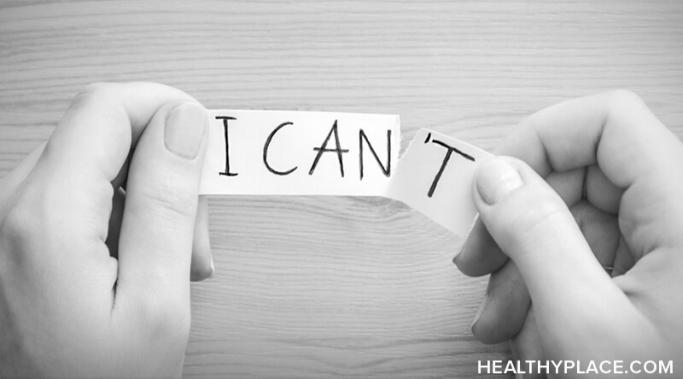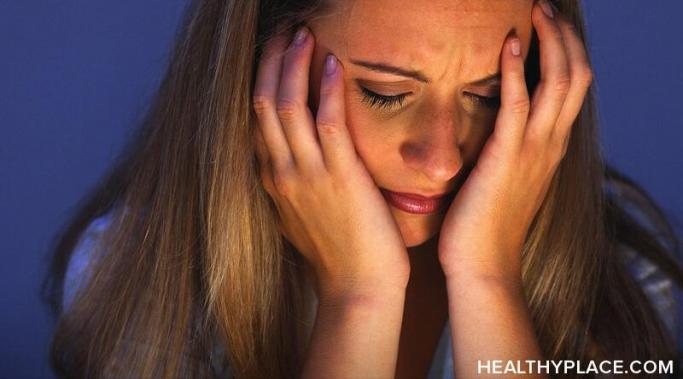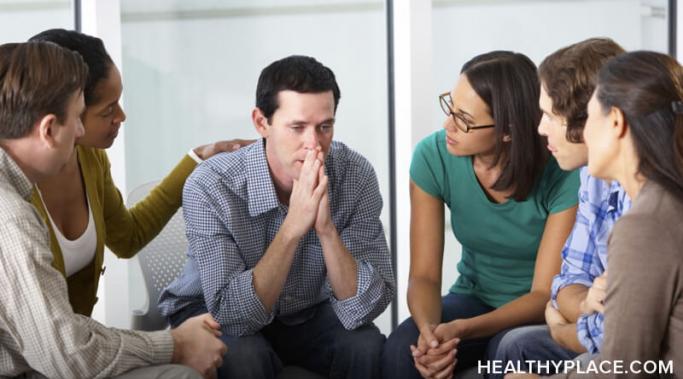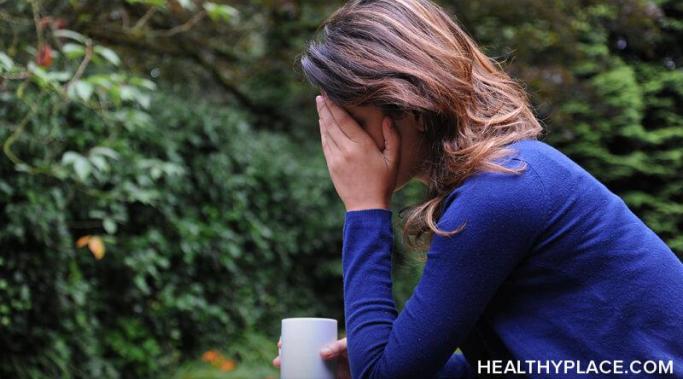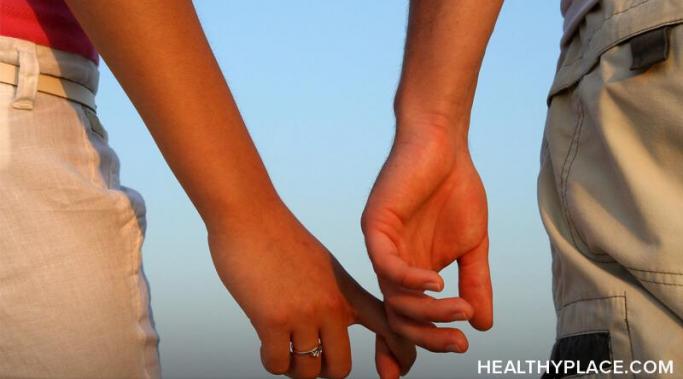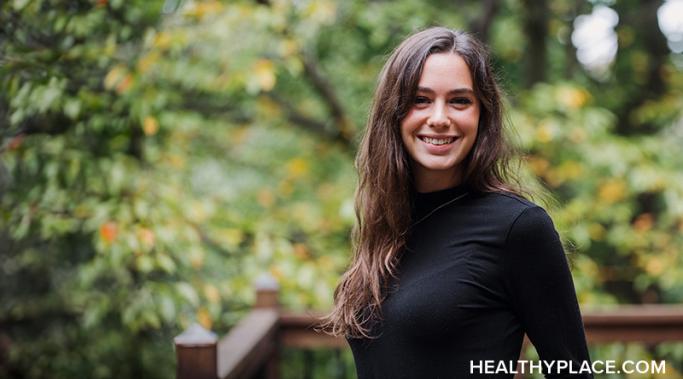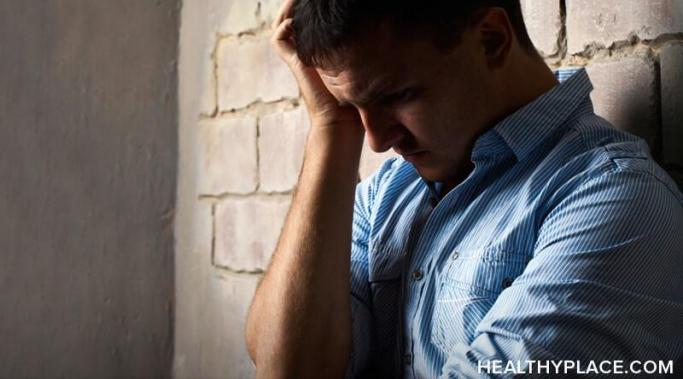Battling self-doubt during trauma recovery can feel like an impossible feat. In my experience with posttraumatic stress disorder (PTSD), self-doubt is one of my most difficult struggles. I often compare myself to other people, second-guess my decisions, and pick myself apart until I feel unworthy and powerless. The vicious cycle of self-doubt in trauma recovery can be debilitating at times.
PTSD Symptoms
After enduring childhood trauma and developing posttraumatic stress disorder (PTSD), I battled an intense fear of loss. Not only was I sexually assaulted at the young age of four, but that same boy threatened my safety as well as my family's. If I told anyone what he did, he would retaliate. While I can rationalize in adulthood, my young brain couldn't comprehend the validity of his menacing warnings. I truly believed my family's lives depended on my ability to stay quiet. Now, in trauma recovery, I fear loss.
Embracing your sensitivity can be difficult in a society that often shames us for feeling too much or too deeply. Heavy emotions grip your gut. Memories send chills down your spine, reminding you of where you've been. The pain screams so loudly you can't ignore it. And it feels like you're the only one who's so sensitive and processing life at this capacity.
I realize I need to be my own hero, but it's hard. As someone with a highly self-critical brain and a history of trauma and posttraumatic stress disorder (PTSD), I often struggle to take control of my own healing. In my experience, it's tempting to turn to others during difficult moments (which is completely okay and necessary sometimes) rather than turning inward and finding my own resilience. Self-sabotage takes merit over self-love and self-care, and before I know it, I'm spiraling into anxiety and grief, looking elsewhere for someone to do the work for me — to be my hero.
Seeking validation from others is often demonized today. We are made to feel guilty for this human desire — for craving attention, reassurance, and support. And while it's healthy to give yourself the validation you're searching for, shaming yourself for seeking validation from others will not help you.
Talking about trauma is not an easy feat. But if you're constantly reliving a specific traumatic event or cycling through negative thoughts surrounding the trauma, confiding in a trusted loved one can help you feel less alone. A supportive community is integral to trauma recovery, and you don't have to go through it all alone. You can tell about your trauma.
I have battled grief in relation to my posttraumatic stress disorder (PTSD). I've spent years mourning the life I had before my trauma, as well as the life I feel I could have had if that traumatic event had never happened in the first place. Posttraumatic stress disorder has amplified my experience of grief.
Posttraumatic stress disorder (PTSD) impacts various areas of life. When it comes to romantic and intimate relationships, PTSD can make it especially difficult to get close to someone.
I’m Sammi Caramela, and I’m excited to join HealthyPlace as the new author of "Trauma! A PTSD Blog." I’ve lived most of my life in survival mode, but it wasn’t until I was in my early 20s that I realized I was suffering from posttraumatic stress disorder (PTSD) from early childhood trauma. Learning why I was suffering was crucial to healing from the extreme anxiety and depression I coped with on a regular basis.
Dealing with posttraumatic stress disorder (PTSD) at work can be stressful. Navigating flashbacks, panic attacks, and hypervigilance is difficult in any setting, but managing these symptoms in a workplace can feel impossible. When you're constantly worrying about judgment from your coworkers and peers, it can be hard to focus on the job at hand.
